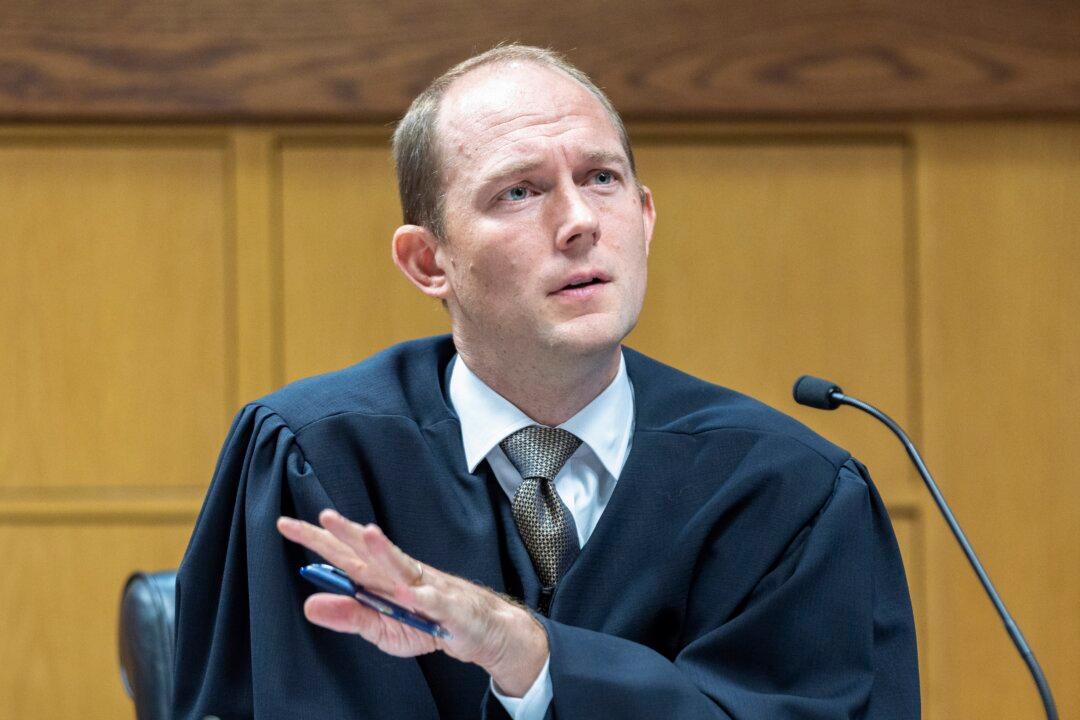Fulton County Superior Court Judge Scott McAfee officially severed the cases of defendants Kenneth Chesebro and Sidney Powell from former President Donald Trump and 16 co-defendants on Thursday in a new order.
“Severing the remaining 17 co-defendants is simply a procedural and logistical inevitability,” Judge McAfee wrote, while reiterating the order that Mr. Chesebro’s and Ms. Powell’s cases will not be severed from each other and denying any request to pause state proceedings while removals to federal court are ongoing.





